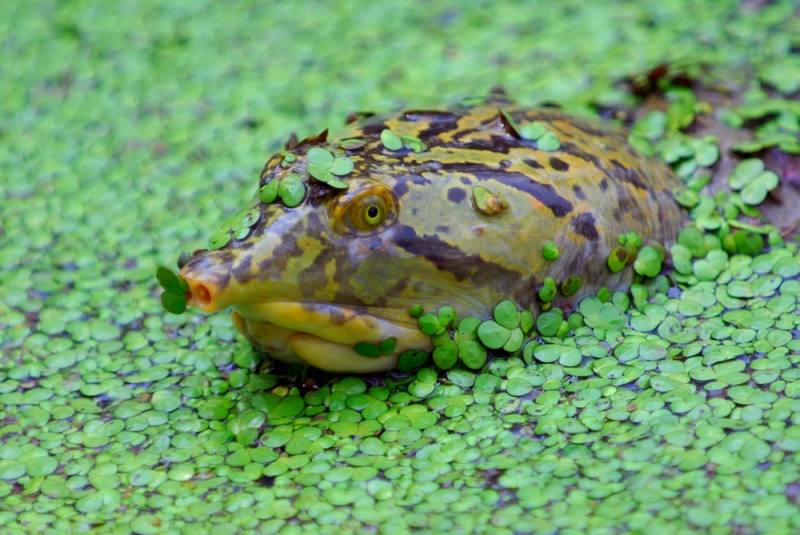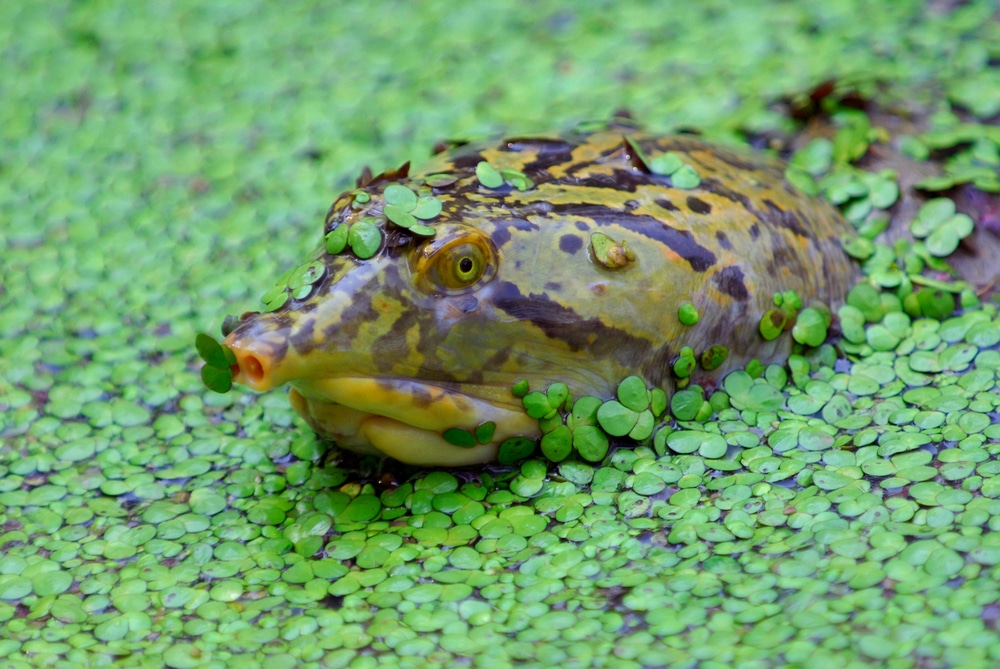The Indian flapshell turtle (Lissemys punctata) is a relatively small species that is hardy, durable and adaptable.
All over the world, reptiles are exploited by the illegal pet and bushmeat trade. Dedicated conservationists have come together to fight these crimes and rehabilitate the animals that are confiscated. The TSA, or Turtle Survival Alliance, is an avid protector of turtles and tortoises worldwide. Its mission to stop all turtle and tortoise extinctions has landed them the title of one of the most successful and active reptile conservation organizations.

Cezary Wojtkowski/Shutterstock
The Indian flapshell turtle (Lissemys punctata) is a relatively small species that is hardy, durable and adaptable.
Sadly, the TSA is never in danger of being out of work. The TSA works with local and federal departments around the world to stop wildlife crimes and ensure the safety and health of the reptiles involved. In 2018, the TSA-India has confiscated more than 7,000 Indian flapshell turtles (Lissemys punctata) destined to be distributed in the illegal pet trade. On January 3, the TSA announced that an additional 800 Indian flapshell turtles were confiscated and recovered, according to a recent Facebook post by the TSA.
The Indian flapshell turtle (Lissemys punctata) is a relatively small species that is hardy, durable and adaptable. This has made them sought after by the illegal pet trade and illegal poaching. The species has a soft shell and long snout that helps them live in brackish aquatic environments. There are three subspecies of flapshell turtle, all of which are confined to specific Indian subregions.
Despite the extensive exploitation, the Indian flapshell turtle is resilient. The TSA continues to help this declining species and hopes to prevent further declines of the Flapshell Turtles.



